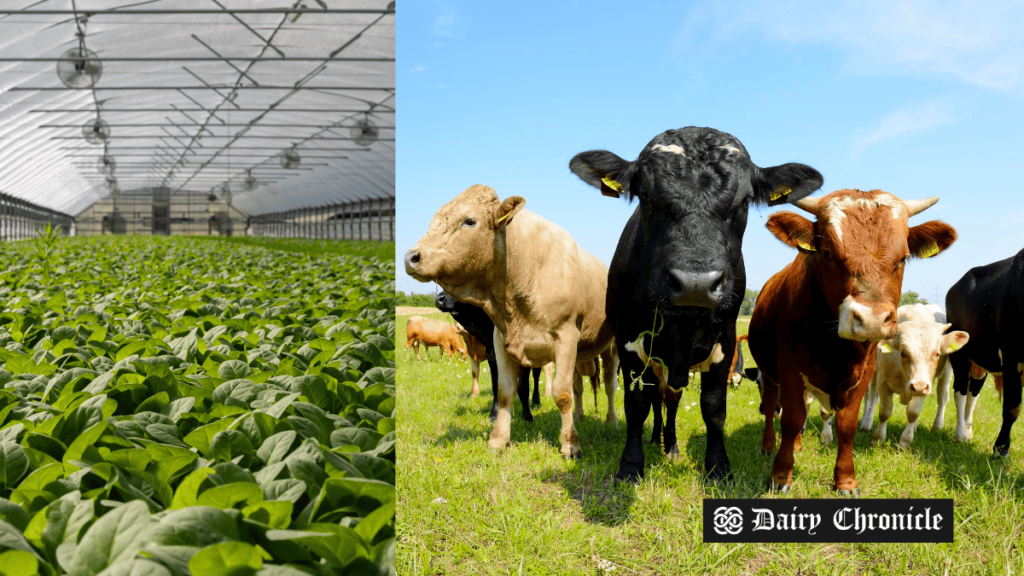A recent study by the University of East Anglia in the UK emphasizes the urgent need to convert methane gas emitted from dairy farms into renewable energy. The research indicates that methane emissions from slurry storage are significantly underestimated, revealing potential economic benefits worth over $500 million annually for the dairy sector. Experts call for government support to facilitate the capture and utilization of these emissions, promoting sustainability and cost savings for farmers.
A new study conducted by the University of East Anglia (UEA) in the UK reveals that methane emissions from dairy farms could be transformed into a renewable energy source, potentially worth over $500 million annually to the dairy industry. The research, supported by the International Fugitive Emissions Abatement Association (IFEAA), found that methane emissions from slurry stores on dairy farms could be five times higher than previously reported statistics.
The study, conducted in 2022-2023 at two Cornish dairy farms, utilized airtight covers on slurry lagoons to capture methane emissions. The findings indicated that emissions ranged from 145 kg to 198 kg of methane per cow per year, significantly exceeding the UK National Inventory’s official figure of 38 kg per cow. This discrepancy highlights the need for urgent action to accurately assess and mitigate methane emissions from manure management.
Professor Neil Ward from the Tyndall Centre for Climate Change Research at UEA emphasized the dual opportunity presented by this issue.
“We have the technology to turn this problem into a business opportunity for farmers who can reduce energy bills and achieve energy independence by capturing methane for fuel, However, if emissions from manure management are being significantly under-estimated, it distorts official estimates and mitigation priorities.”
Professor Neil Ward from the Tyndall Centre
The study also suggests that capturing methane emissions could lead to substantial fuel cost savings for the average-sized dairy farm, estimated at over $65,000 annually. Experts are urging the UK government to investigate this area further and to introduce grants for slurry covers, along with extending financial support for gas processing equipment.
Professor Penny Atkins, CEO of IFEAA, stressed the significance of the findings, stating, “The cumulative contribution of methane from dairy farm manure management is significant, and this data shows we must act now to curb emissions.”
As the dairy industry seeks sustainable practices, this research serves as a crucial call to harness methane emissions for renewable energy, presenting a win-win solution for farmers and the environment.



